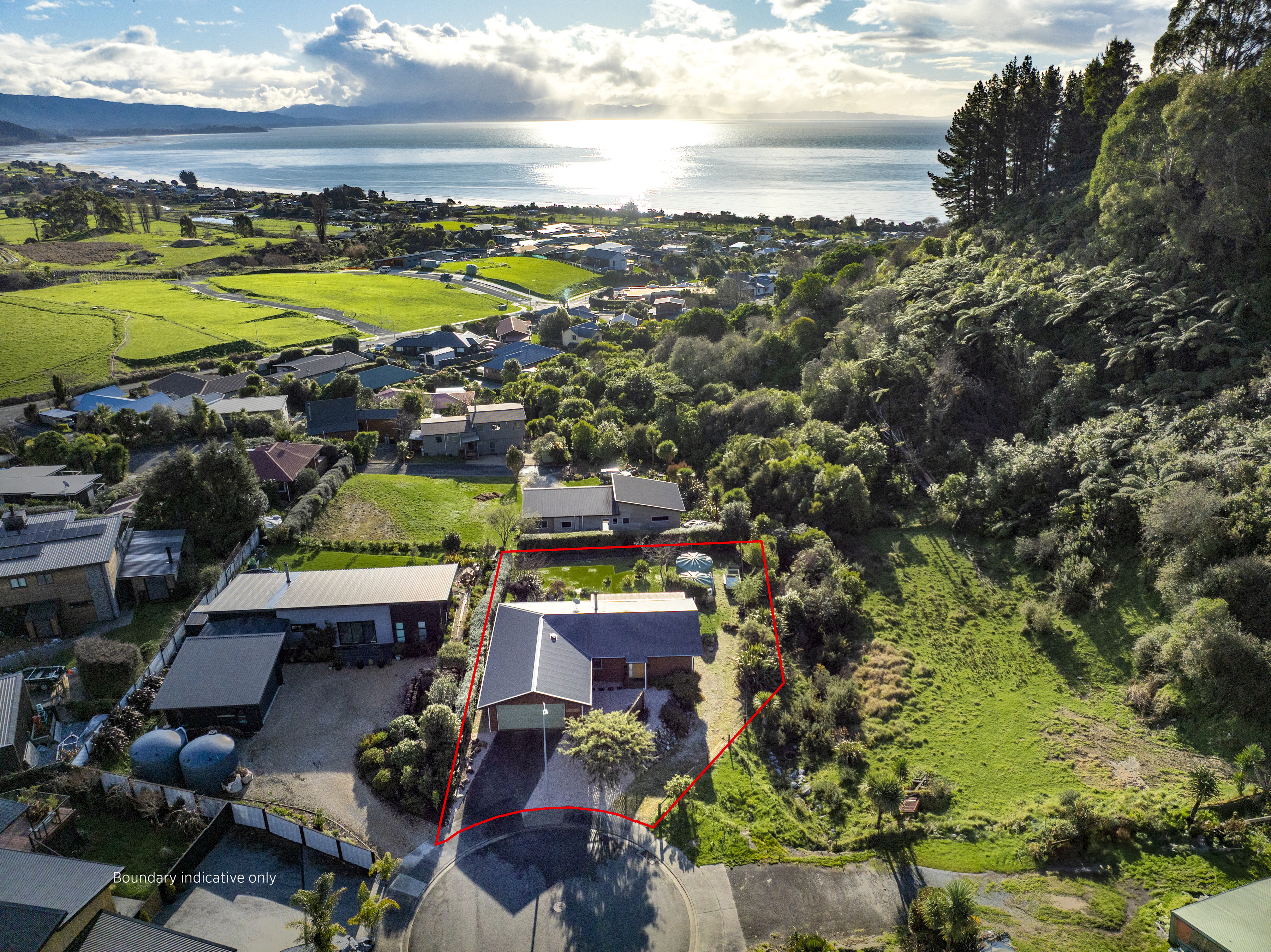There are many ways to sell a house in New Zealand. Auction, negotiation, tender, private/deadline treaty, expressions of interest, mortgagee sale and others. Understanding how they work can give a good indication of what’s the best way to sell your home.
Auctions: There will be very few Kiwis who don’t understand the concept of auctions. Even primary-age children follow auctions on The Block. An auction is a public sale where a property is sold to the highest bidder. Typically they’re held at auction rooms or the property itself. The auctioneer outlines the terms and conditions of the sale, describes the property, then calls for bids. There will be a reserve price and once this is hit the home is “on the market”. Buyers who win at auction must pay the deposit on the day and can’t include conditions in the sale and purchase agreement. Sometimes, however, there are pre-auction offers by buyers and the auction can be cancelled if a sale and purchase agreement is signed. Auctions are a particularly common way of selling house for sale in Auckland.
Negotiation: This is another common sale method for New Zealand homes. Typically the property is marketed with a price attached. Buyers make conditional or unconditaional offers, says Kevin Lampen-Smith, chief executive of the Real Estate Authority. The agent presents offers to the seller either conditionally or unconditionally on a standard sale and purchase agreement and is the negotiator. Conditions can include finance, a building report, due diligence (if it’s an investor), or the sale of your existing property. There are times when vendors get more than one buyer negotiating and the sale enters what’s called a multi-offer situation. Whether it’s negotiation or multi-offer once the agreement has gone unconditional the buyer must pay the deposit price on settlement day.
Tenders: A tender is a sale process where buyers make confidential written offers on tender documents, says Lampen-Smith. Buyers can choose to tender an amount above or below the price indication and can include conditions. They provide a 10 per cent deposit cheque with the tender offer, which is banked when the offer is accepted. Sellers can accept a tender offer before the tender closes. Deadline and private treaty sales are very similar to tenders but there is no fixed price.
Start your property search
Mortgagee sales: If an owner defaults on their mortgage payments eventually the lender (usually a bank) will sell the property to recover the money they’re owed. Buyers don’t always manage to view the property before they buy if the former owner won’t play ball. What’s more the sale price usually doesn’t include “chattels”, which can be everything from curtains right down to the kitchen sink. These are sometimes removed by the former owner. Mortgagee sales are a risky way to buy because you cannot object to or requisition the title and you may have to get an order through the courts to have the previous owners removed. Sometimes the property is badly damaged before being handed over.
Apart from in auctions, vendors don’t have to accept the highest offer. Sometimes a clean offer with no conditions is preferable to a slightly higher one that could fall through. There are times as well where human factors come into play and the vendor chooses and offer they prefer for reasons other than money.













































































